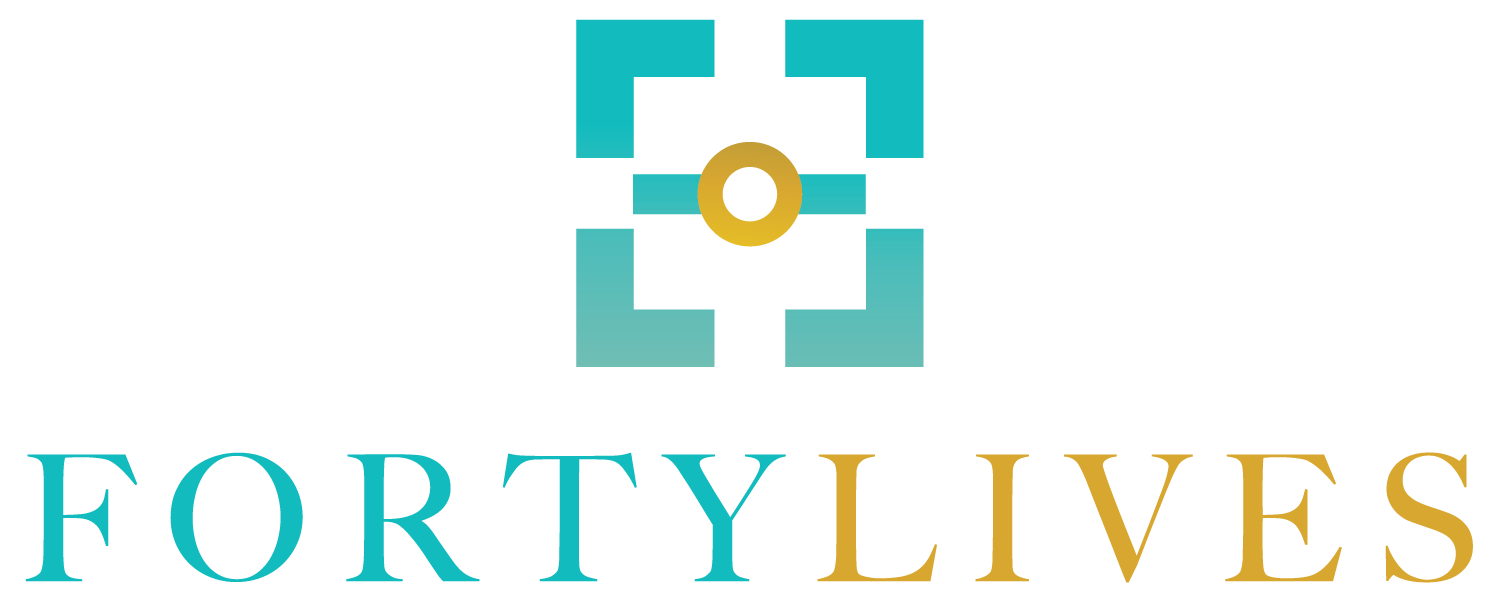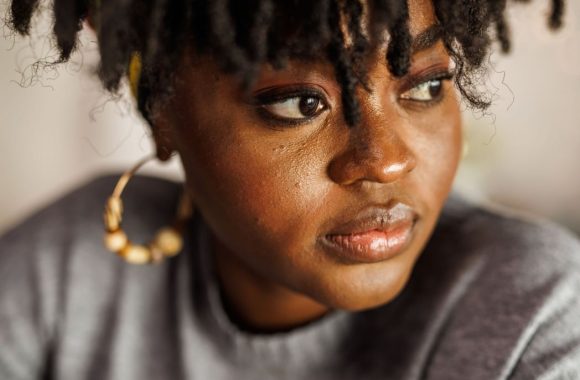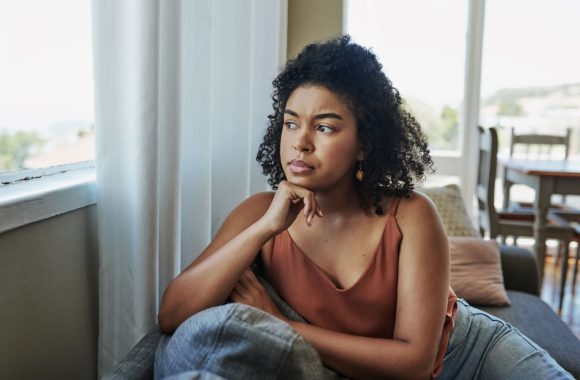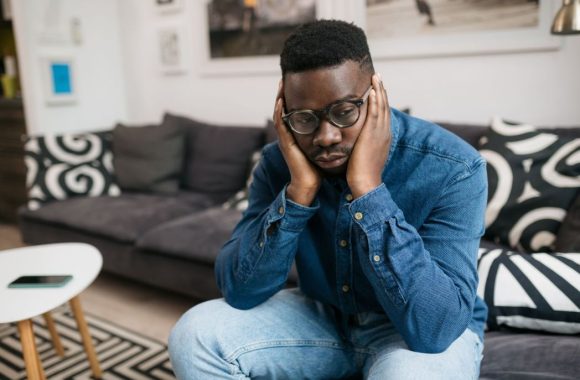
Depression is a mood disorder that generally brings about sadness, but it can also influence a person’s energy, motivation, irritability, and overall well-being. It is one of the most powerful mental health conditions a person can endure. The numerous depressive disorders differ based on the types of symptoms as well as their frequency, intensity, duration, and triggers.

There are many different types of depression. Though these conditions differ, they share commonalities like mood low mood or irritability paired with changes in behavior and thinking that serve to reduce a person’s ability to function at their expected level.The main differences among depressive disorders are how long they last, the timing of symptoms, and the events or situations that trigger symptoms to emerge.
Five types of depression and depressive disorders include:1
ve separ
All depressive disorders have separate criteria to indicate their presence. A condition like persistent depressive disorder will focus on the length of symptoms, DMDD targets increased irritability, and premenstrual dysphoric disorder notes mood’s interaction with hormone changes—experts gather this information to determine which diagnosis is accurate.
Classic depression symptoms belong to major depressive disorder or a major depressive episode, and include:
Not only does a person need to display these symptoms, but they need to do so for most days during a two-week period. Additionally, these depressive qualities need to drastically impact the person’s daily functioning at home, work, or school to qualify as depression.
Some depressive symptoms may stem from medical health issues and complaints like cardiovascular concerns and hormone irregularities, so anyone experiencing new or worsening symptoms should seek a full medical evaluation. This assessment can help rule out any risk of physiological complications.



Source : Choosingtherapy.com